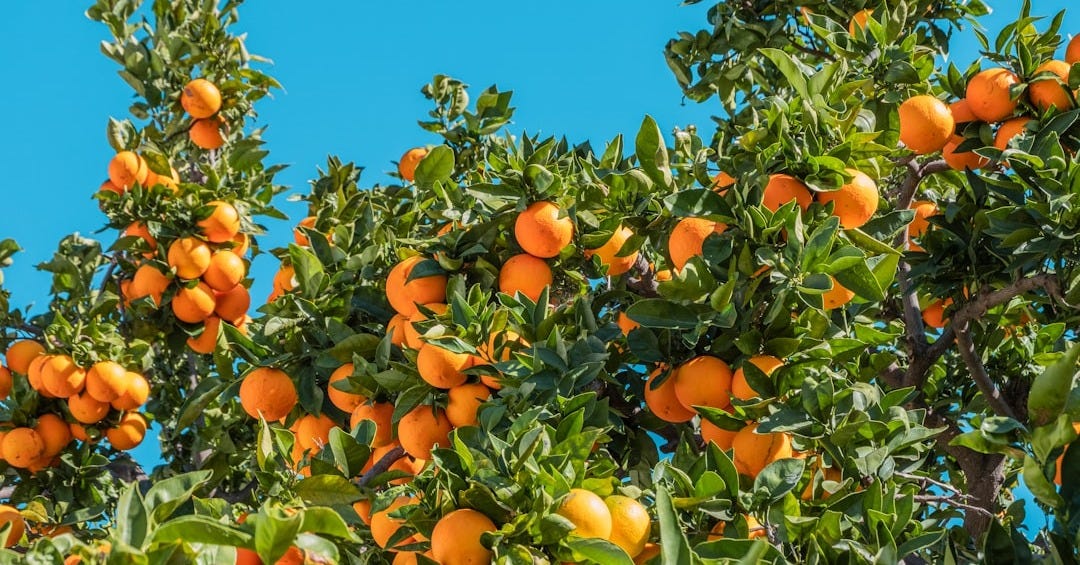El Boletín #1: Spanish from Miami to the Arctic Circle
Welcome to the first edition of El Boletín
A warm welcome to the first ever edition of El Boletín: curated video, articles, grammar and culture for advanced Spanish learners.
In this edition, we have everything from a Spanish YouTuber visiting a Norwegian football club which plays in the Arctic Circle, the end of an era for a nomadic radio show from Spanish National Radio which is closing after 17 years, and our grammar reflections on gender (not just for beginners!). Finally, we have a fascinating article from El Pais on the Spanglish spoken by Latino communities in the United States - which one expert describes as a superpower. Amen to that.
As always, all subscribers also benefit from the glossaries of key words from these sources - ensuring you not only read them passively, but actively engage and boost your comprehension. We hope you enjoy.
- Gareth
Curated video: The Miracle of Bodo/Glimt

Our chosen video for this edition of El Boletín comes from Spanish YouTuber and football journalist Rafael Escrig.
Rafael (and his trusty cameraman, Álex) travel around Spain, Europe and Latin America, bringing their viewers human stories from the lesser-known corners of football. And you don’t even need to be a fan of the sport to enjoy his content: his report from Paiporta in the aftermath of the devastating floods that hit the community last summer, leaving the town buried under mud, is as much a social commentary on Spanish politics as it is the football club’s attempts to rally the town. It’s genuinely moving.
But the video we’ve chosen for the newsletter is his latest dispatch from Bodo/Glimt, the Norwegian town in the Arctic Circle, as the club battles to qualify for the Champions League. As language learners, Rafael presents a challenge: he speaks quickly and using lots of football-related slang. We particularly enjoyed his description of Bodo as a club ascensor - what in British English we’d call a yo-yo club - as they struggle to be promoted and remain in Norway’s top division.
For our subscribers, make sure to use our free glossary of key terms below to actively engage the video and boost your comprehension.
Curated Reading: Lo ‘cool’ es hablar spanglish, El País

We particularly enjoyed this article we came across from El País last year, which noted that the mix of Spanish and English was the fastest-growing linguistic hybrid in the world - with 50 million speakers. Not only that, but different geographic areas of the United States speak different forms of Spanglish based on the origin of their Latino communities:
Puertorriqueños en Nueva York hablan nuyorican, un spanglish que combina palabras puertorriqueñas con un inglés sobre todo afroamericano, mientras que los cubanos en Miami se comunican en cubonics.
According to the article, many Latino communities can feel out of place wherever they go: their Spanglish and their identity neither Spanish nor English enough to fit in. But for the expert in the article, this ability to move fluidly between two languages is a superpower - a sentiment that El Boletín is certainly on board with.
Be sure to check out the glossary of key terms for article, and give it a read.
Curated Grammar: Gender

One of the things that struck us this week was how, just sometimes, the things you struggle with as a complete beginner to Spanish are things you still struggle with as an advanced learner - although maybe in slight different ways. For example, when you were first learning about masculine and feminine genders, did you ever believe you’d still be struggling with it as an advanced student? It happens.
Often the masculine and feminine forms of the same word will be related. We particularly enjoyed discovering that el manzano, el cerezo and el naranjo are the trees from which la manzana, la cereza and la naranja come from. See also el batería - the drummer who plays la batería, the music instrument. Of course, often these words won’t be related at all: la capital being a city, but el capital referring to money.
The list goes on. Of course, the fundamental issue here for English speakers is that our language lacks gender in the same way, so we have no scaffolding to hang on to - much to the disbelief of our native Spanish friends who find gender so obvious and instinctive.
Curated Culture: Nómadas Podcast

We were sad to read that the Nómadas podcast, produced by Radio Nacional Española, came to an end in July after 17 years.
The podcast visited a different town or city across the world each week, using interviews with locals, Spanish expats and musicians, to bring the place to life. Presenter Álvaro Soto spoke powerfully about the end of the podcast series in a video shared on YouTube.
For language learners, the difficulty of the podcasts can vary by episode - the easiest ones being broadcasts from places which you know (and therefore understand the context) - and the most difficult ones featuring interviews with native Spanish speakers, referencing cultural touchstones which you’re simply going to lack as a second language speaker. Interviews with other non-native speakers in the programme can fall somewhere in between: they often speak more slowly, but sometimes with strong accents and while making mistakes.
Either way, we can’t recommend Nómadas highly enough, and we’ll be sorry to see it go. Do check it out.
That’s all for this week, language learners! We’re really keen to build a community of advanced Spanish learners at El Boletín, so please do share any of your reflections on the content in the comments section below - and ensure to join the chat function on the home page to keep the conversation going.
For now, thanks for reading and see you next week!
- Gareth


This is great! I look forward to checking these out and seeing how much I can understand. Thank you for putting these together!
Great idea but annoyingly you tube auto dubs the Bodo glimt video into English and you have to go deep into you tube studio settings to fix I think??